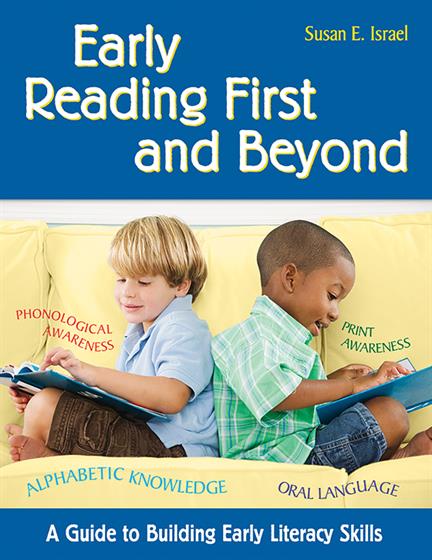Hands-on, Practical Guidance for Educators
From math,
literacy, science, equity, multilingual learners, and SEL, to assessment, school counseling,
and education leadership, our books are research-based and authored by experts
on topics most relevant to what educators are facing today.

Early Reading First and Beyond
Foster young children's early literacy skills and build a strong foundation for reading!
This comprehensive resource helps teachers promote the language, cognitive, and early reading skills needed to ensure young children's readiness for kindergarten. The author provides proven practices, assessment tools, guidelines for meeting individual learning needs, and connections to International Reading Association standards. Summarizing current research, the text examines and illustrates how to implement the key elements of an Early Reading First program:
- Designing early childhood programs of excellence
- School-parent partnerships
- Oral language development
- Phonological awareness
- Print awareness
- Alphabetic knowledge
- Early metacognitive thinking
- Grade Level: PreK-12
- ISBN: 9781412951029
- Published By: Corwin
- Year: 2007
- Page Count: 120
- Publication date: December 21, 2007
Review Copies
Review copies may be requested by individuals planning to purchase 10 or more copies for a team or considering a book for adoption in a higher ed course. Request review copy

